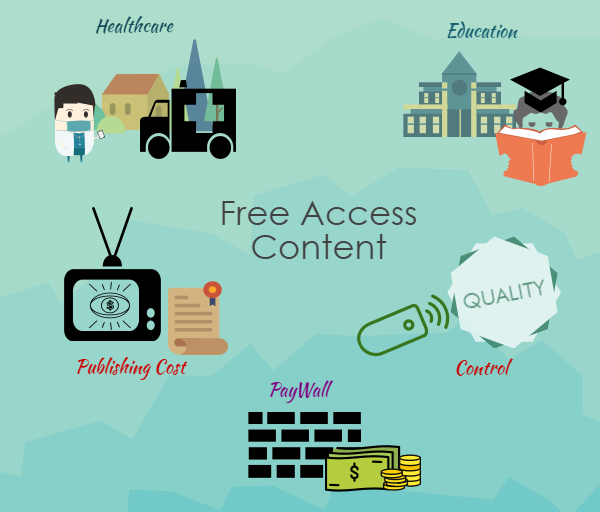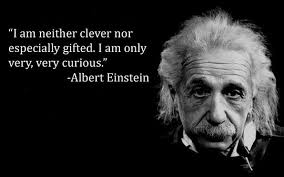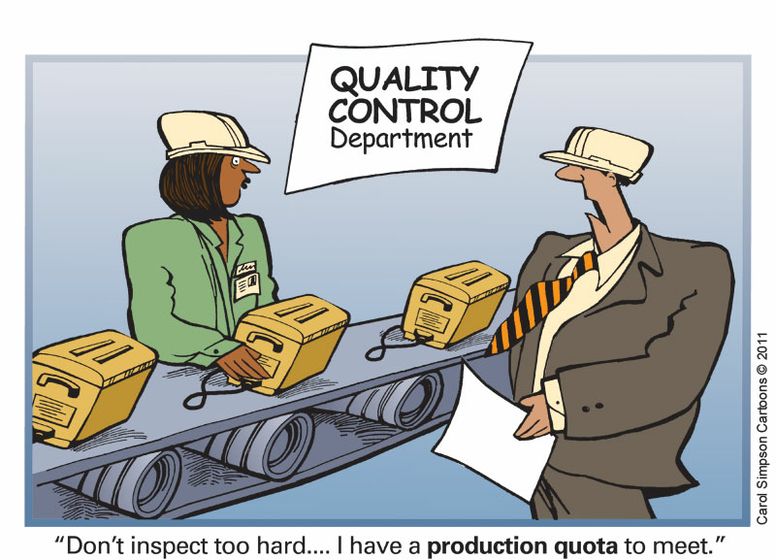As the world embarks into the age of Digitization, technology is built into every part of our lives; bringing convenience and efficiency. Content is now readily accessible for the masses with the introduction of Open Access resource.

This Piktochart summarizes my main points:

Advantages:
Free-for-all (Education)

For the first time in human history, people can attain all the education they desire (1) Articles are freely available for anyone who has the interest to read them. Well-written articles are no longer restricted by payment, enabling even undeserved populations to access them. (2) Everyone craves knowledge and when given equal opportunities, people will strive to educate themselves; greatly improving the education standards.
Access for researchers in developing countries (Healthcare)
Poverty is a major cause of ill health and a barrier to necessary healthcare research. (3) Lack of access to subscription-based resources has always plagued researchers in low-income countries. Open access provides the opportunity for them to participate in international research communities where medicines and cures are shared. (4) The exchange of information would alleviate the scientific knowledge gap so better healthcare services can be made available even for developing countries. (5)
Disadvantages:
Publication fees (Sustainability)

While the end user doesn’t have to pay to read an open access article, someone will still incur the publishing costs. The cost for publishing is steep and it is often the responsibility of the author or sponsors to make payment. On ELSEVIER, the price can range from $500 to $5000 and this makes me question the sustainability of this system. When not adequately compensated, publishers may be discouraged from going open access.
Quality Control
While not for reputable publishers, there are still cases where some open access journals are sloppy work. Journals cover their cost through publication and publishers may be incentivised to publish more, jeopardising the overall quality. Research shows that over 50% of the 304 journals accepted a Deliberately-fabricated article and did not conduct peer reviews. (6)

After accessing the pros and cons, the debate is obvious; a trade-off between accessibility and cost. The solution is to have a monitored Paywall which many companies are already adopting. (7) So long as publishers closely monitor the quality and usability of the resources, people will pay for the content they need. (8) As the saying goes: “There is no free meal in the world” and this would balance out the costs against benefits wrought.
(Word count: 399)
References:
- http://eric.ed.gov/?id=ED535639
- http://www.forbes.com/sites/skollworldforum/2013/04/07/education-finally-ripe-for-radical-innovation-by-social-entrepreneurs/#f8eb7097a557
- http://www.worldbank.org/en/topic/health/brief/poverty-health
- https://www.elsevier.com/connect/measuring-the-impact-of-research-access-in-the-developing-world
- https://globalizationandhealth.biomedcentral.com/articles/10.1186/1744-8603-10-26
- http://science.sciencemag.org/content/342/6154/60.full
- https://www.theguardian.com/media/greenslade/2014/nov/07/paywalls-charging-for-content
- https://tepsicvedran.wordpress.com/2013/01/12/106/

I would say that this statement “Lack of access to subscription-based resources has always plagued researchers in low-income countries ” and the video is not accurate. Rather, I would think the reasons for India having one of the worst healthcare systems in the world is due to the primary issues of 1) ethics, and 2) a fraudulent education system for doctors aside many other factors (see articles linked). In fact, the number of privately run medical colleges in India is alarming; businessmen and politicians, bathing in money, run them all. Who’s to say they lack access to the necessary healthcare resources?
Conversely, you did a good job in mentioning that OA helps researchers in developing countries like Africa, which is sufficiently backed up.
I would also have liked to know your stand in the camps – For OA or Against OA? And how OA is applicable to content producers, not just writers and researchers ☺
http://www.reuters.com/article/us-india-medicine-education-specialrepor-idUSKBN0OW1NM20150617
http://indiatoday.intoday.in/education/story/medical-education-problems/1/708704.html
LikeLike
Hi Eugene, I’ve enjoyed reading your post. I agree with you that open access has benefited the education and healthcare sector, especially the low-income countries where poverty is an issue. You mentioned that open access is also the cause of the production of low quality work because the publishers will not profit and yet, they will have to deal with cost of publishing their materials. My question is, is there any other solution to encourage open access besides implementing a paywall?
-Walden
LikeLiked by 1 person